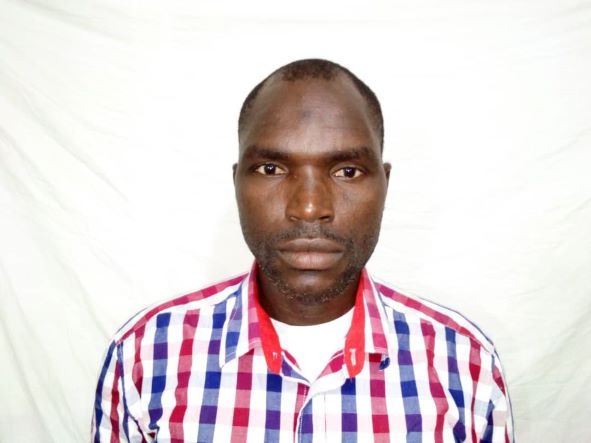From the village of Salamale, in the Commune of Kangaba, some 115 miles from Bamako, a grassroots human rights defender is crying for formal recognition from the state to legitimize the status of his group in Mali.
Nanamoudou Traore is the General Secretary of the Salamale Environmental Protection Brigade which was formed in April 2017.
Since that time, the brigade submitted their papers to appropriate commune authorities to register as a civil society rights group for the defense of their forest and fish ponds. The Malian authorities have conspicuously been silent on their application and deliberately refused to grant them the required permit, according to the testimony of Traore.
It would appear that the authorities are dithering to grant them a permit to operate so that there could be a basis for criminalizing their operation in protesting against deforestation and other predatory use of the fishery resources.
This action on the part of the authorities appears to be a general pattern because according to Traore, besides the river and forestry brigade present in the area, no other organization operates in there or is registered.
Though he declined to say he is been particularly targeted, Traore recalled that his work has attracted harassment and death threats in some quarters in the past. But his commitment and resolve to continue to provide leadership for the other networks in the grassroots brigade remains unwavering and solid. In more specific terms, he pointed to death threats he received from some villagers who felt he was stepping on their interests while doing the job, but he simply just ignored them so as not to create other problems.
Working in the forest and fish pond sector, he says, has encouraged and propelled him to mediate in conflicts arising among residents involved in the violation of the laws circumscribed, regarding the exploitation of the two natural resources. For instance, Traore speaks about people who would want to fish without the required permit from authorities and those who attempt sneaking in at night to go on unlawful wood-cutting sprees. These people usually come into trouble with the law.
He mentioned two village chiefs and a brigade officer who spent ten days in jail because of a problem that arose from the pond. In order to solve the matter, Traore and his team had to approach the gendarmerie (security) to negotiate and pay their bails to have them released from detention.
Situations like this, he explained most often warrant their prompt intervention to mediate with the local authorities including the Mayor for settlement.
“For instance, I would sit between the parties and act as a mediator trying to find a common ground for all the parties so that they can feel important and therefore settle the case between and among ourselves instead of involving the local authority,” lest the matter attracts the attention of the gendarmerie (local security), which could lead to detention or legal suit against the people.
He disclosed that when such a case goes to the gendarmerie, all the parties are questioned about the incident, then they try to calm down the situation in a conciliatory way for the parties and dissuade them from taking the case to court, but if they fail to convince the various parties, then the case is presented either to the court of appeal or to the supreme court of Bamako, where the trial will be held to decide between the parties.
He credits himself for such an intervention, describing it as “a crystal-clear case of the fruit of their advocacy for the grassroots defenders in the brigade.”
Traore says their organization has challenges in documenting the cases that arise revealing that they are alternatively taking minutes of what the network members are doing, which enables them to make decisions and keep track of each other’s work in the brigade.
The 35 years old Traore works in the building construction industry as an engineer, besides his work as a human rights defender. The prospect of getting his organization registered appears to be very remote, with no immediate solution in sight.
Traore’s apprehension about the authorities’ intention is a concern highlighted in the West African Frontline Grassroots Environmental and Human Rights Defenders (HRD) Baseline Assessment Report of 2021. The Report records: “rather than seeing an improvement in the situation, there is a troubling West African regional trend towards shrinking civic spaces, criminalization, militarization, stigmatization, and cumbersome registration procedures which make it challenging for Defenders to operate independently. Evidently, registration is a huge dilemma for civil society actors across the region.
But with hope still alive, Traore remains hopeful that relief will come someday, from somewhere. That’s why he’s seeking international intervention and support to strengthen their work of attracting visibility and solidarity to elevate their human rights defender’s role.
The Author
This article is written by the Secretariat of the Mano River Union Civil Society Natural Resources Rights and Governance Platform (MRU SCO Platform), to give visibility to the untold stories of frontline grassroots human rights defenders across West Africa. The MRU CSO Platform is a network of environmental and human rights defenders; indigenous communities affected by the operations of multinational corporations and poor informal entrepreneurs on the frontline of corporate investments in West Africa. Its membership is drawn from nine of the fifteen countries in West Africa. Namely: Liberia, Sierra Leone, La Cote D’Ivoire, Guinea, Ghana, Mali, Nigeria and Niger.

